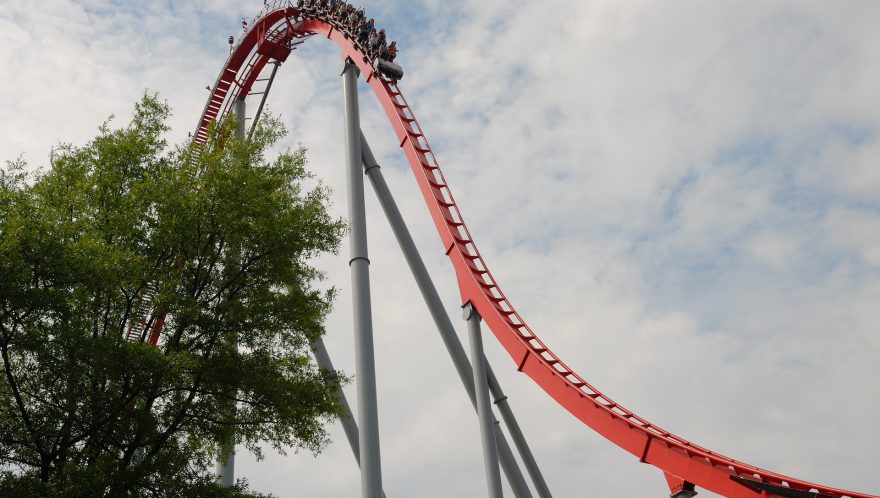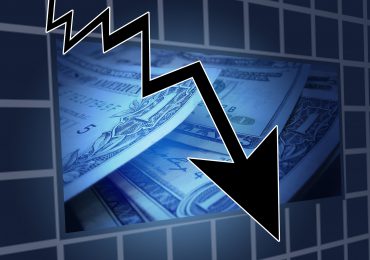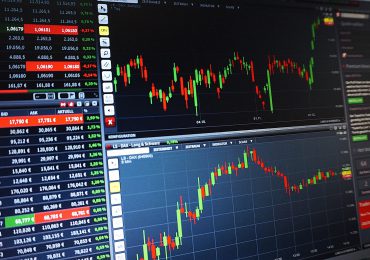Although traditional money managers have long argued that they would prove their value in the next downturn, it looks like 2020 will “end up as another muddled year for active management.” This according to a recent article in the Financial Times.
“With a few notable exceptions,” the article reports, “the results have mostly been mediocre, with problematic consequences for the industry,” adding that both industry experts and analysts expect increased consolidation as investment companies “seek out the shelter that size offers them.”
While the industry showed some resilience in dealing with the pandemic crisis and its related work-from-home directives, the article notes that one of the most comprehensive snapshots of active management performance—the S&P Dow Jones Indices so-called “Spiva scorecard”— paints a dim picture of active management, with only a third of US equity funds beating the broader market as of the end of June. Over the longer term, it notes, results are worse, with under 13% outperforming over the past 15 years.
According to EPFR data, the overall shift to index funds has continued, with an additional $375 billion migrating into passive funds in 2020. The article cites comments from Goldman Sachs Asset Management chairman Sheila Patel: “The main driver is the fact that fixed-income ETFs—which some analysts had warned would prove to be fragile in a downturn—performed better in the coronavirus market tumult than many investors had feared.”
Still, the article notes that there is cautious optimism among some industry executives that the coming decade will “prove more fertile for their stock picking stars and bond kings,” adding that increased market volatility and lower overall returns will require a more aggressive approach. Analysts argue that the pandemic-related turbulence is more likely to trigger movement of money between active managers—“with those that prove their mettle winning business from underperformers”—rather than curtail the ongoing movement toward passive funds. The result has been an uptick in mergers and acquisitions in the industry, the article notes, citing recent consolidations including Franking Templeton’s purchase of Legg Mason ($6.5 billion) and Morgan Stanley’s acquisition of Eaton Vance ($7 billion).
“In addition to bulking up,” the article concludes, “investment groups are exploring other ways to future-proof their businesses” including large investments in tech to improve performance and cut costs, expanding internationally (particularly in Asia), and “accentuating their credentials on environmental, governance and social issues as ESG considerations become more important to clients.”








